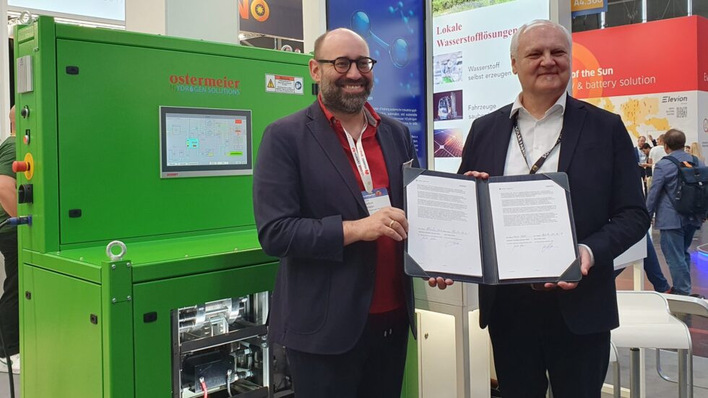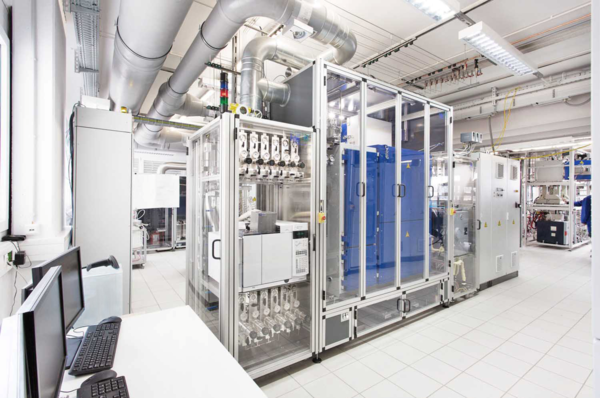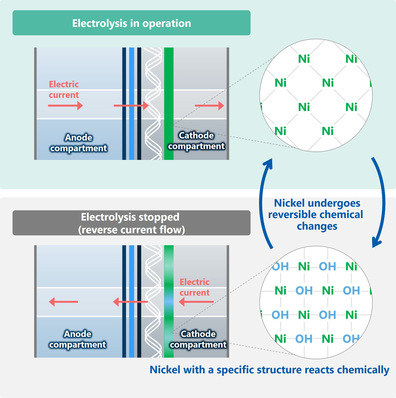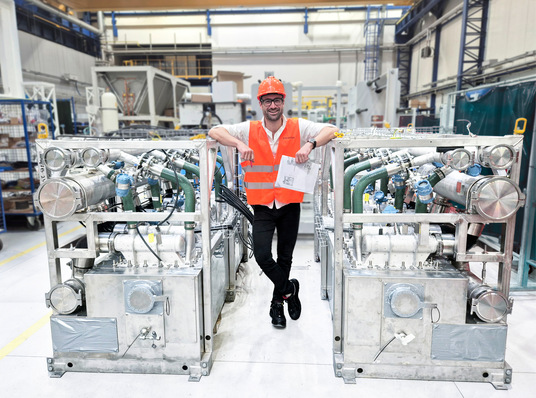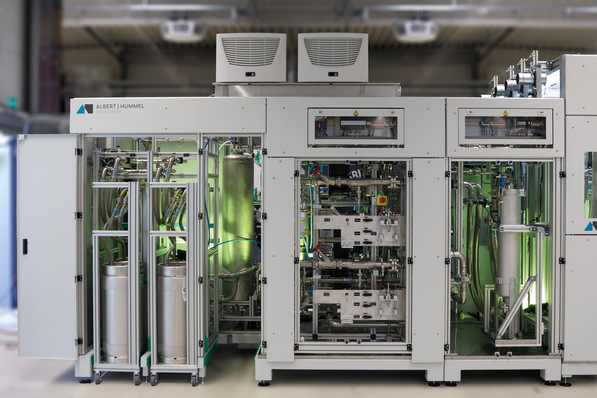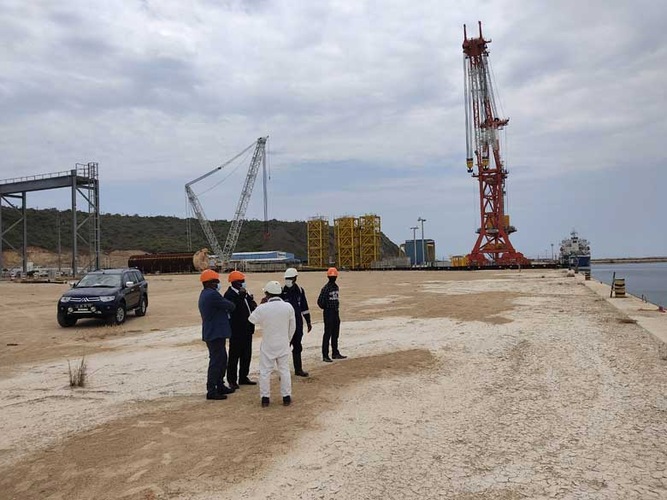
Industry experts are unanimous: Germany will need to rely on energy imports for the long haul. Currently we import over 60 percent of our energy, with the rest of our needs met by home production. Oil, coal and natural gas top the list of energy imports. Renewable energy expansion in Germany – in itself – will not be sufficient to replace these vast volumes. It is therefore critical that we are in a position to buy in additional green energy supplies from abroad in the future.
The growing awareness of hydrogen has succeeded in accelerating the debate on energy imports. The immediate solution might be to transport green electricity over long distances. But then what could be done to shore up the energy supply in the post-fossil fuel era?
For starters, many lessons can be learned from the international natural gas industry. While Minister Habeck has been touring the world looking to purchase liquefied natural gas, he’s generally been informed that usually 80 percent to 90 percent of gas volumes have to be sold in the form of long-term off-take agreements even before building work begins. That’s in order to make the construction of new LNG liquefaction plants possible in the first place. These agreements are required by the banks that would be prefinancing such projects, often to the tune of tens of billions of euros. This is because they need a cast-iron guarantee that the LNG output will be bought, and won’t be affected by the global economy at the time.
The upshot is that there is only a small percentage of free capacity that can be traded on the short-term spot market. And this is now the main problem facing Germany’s LNG supply: Anyone intending to acquire large volumes on a regular basis, and who doesn’t want to rely on short-term stock market trends, must make long-term purchasing commitments. However, entering these kinds of deals is something that Germany has, so far, neglected to do for LNG, preferring instead to concentrate on contractual arrangements with Russia, Norway and the Netherlands.
Author: Prof. Dr. Stefan Liebing - Honorary Professor at the Centre for Business and Technology in Africa at the Flensburg University of Applied Sciences
CEO of Conjuncta GmbH
Chairman of the German-African Business Association



